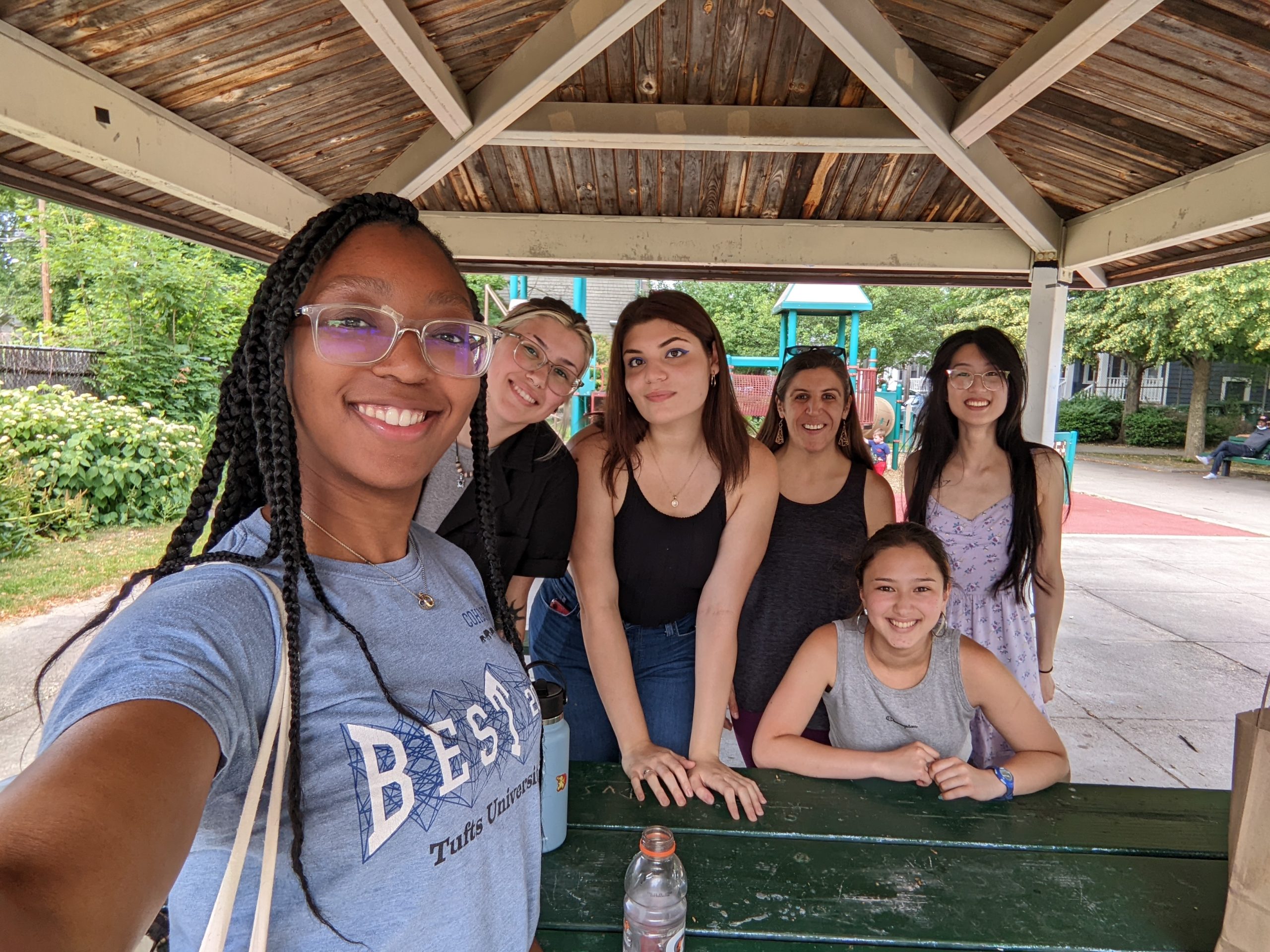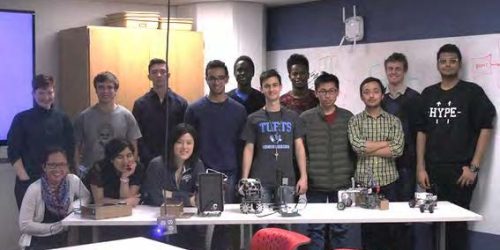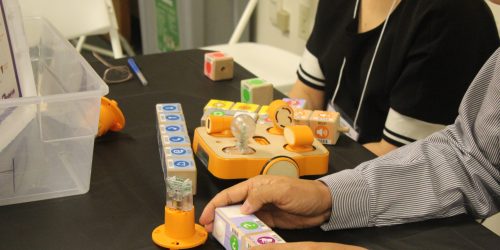The Justice-based Engineering and Data science Initiative (JEDI) is an NSF-funded research project focused on adding sociotechnical content and reasoning to a first-year data science course, Introduction to Computing for Engineering (ES-2), and studying the impact. In addition to coding skills and data science approaches, students also now learn how to consider the social, economic, and political aspects of computational technologies, such as the now-ubiquitous facial recognition software.

This summer, the JEDI team hired five interns to assist with the education research side of the grant: Jingshu Meng, Jada Worthy, Sarah Goldstein, Hannah Norton, and Suely Garcia Acosta. These interns developed an interview protocol and conducted interviews with 21 undergraduate students who took the course in the spring semester. The interviews focused on students’ experiences in the class, including their engagement, opinions on the specific sociotechnical topics, and the impacts of the course on their engineering identity and sense of belonging. In the second half of the summer, Hannah and Jingshu began analyzing the interview data and chose to focus on the particular experiences of international students. Their initial analysis finds that most first-year international students of color had very strong identities as international students and did not identify as strongly with their racial/ethnic groups as their American counterparts. They reported that they felt they were missing important information about the U.S. context, including knowledge of the history of U.S. racial relations and lived experiences with these systems. However, other students in the class positioned these international students of color as experts in racial relations, looking to them to share personal experiences or for approval of others’ expressed ideas. This ongoing research will be submitted to the American Society for Engineering Education (ASEE)’s 2023 annual conference.



